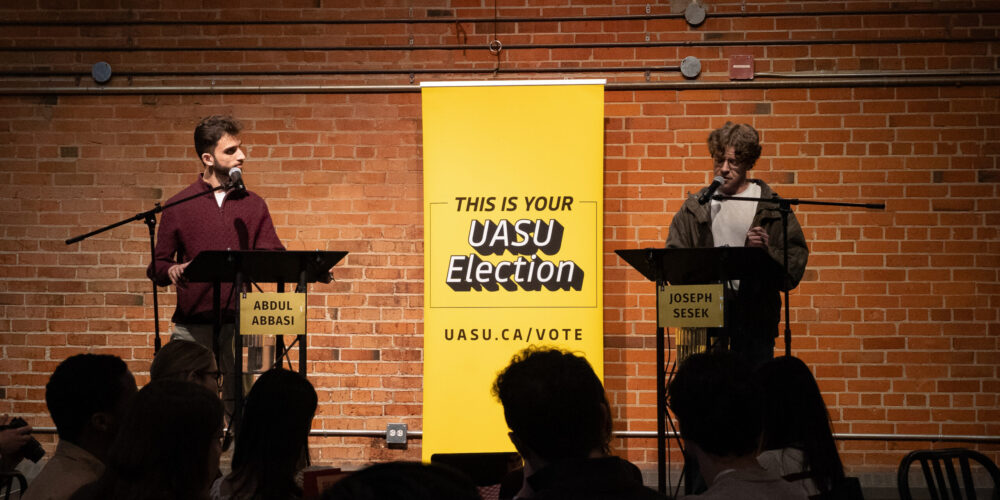 Amy Kim
Amy KimRooted in her PhD research, managing director of Obesity Canada Ximena Ramos-Salas believes weight discrimination is a prevalent and unaddressed social injustice.
Operating out of the University of Alberta’s faculty of medicine and dentistry, Obesity Canada is a nationally registered charity that focuses on improving the health of those living with obesity while also raising awareness about weight bias. For Ramos-Salas, a U of A alumnus, much of the ignorance surrounding obesity stems from its exclusion as a chronic disease. This is a belief she has observed not only in the general public but also among healthcare professionals.
“The thinking and understanding of obesity in public health is behind science,” Ramos-Salas said. “We know obesity is a chronic disease now, but public health and society haven’t kept up with science.”
According to Ramos-Salas, Obesity has now been classified as a chronic disease because there is no cure. Though weight loss is possible, this is only considered a treatment and overall its difficult to keep weight gain at bay.
“The maintenance of weight loss is extremely challenging and this is because the brain will remember your highest weight and will try to bring you back,” she said. “Every time you lose weight, there is a cascade of hormones that tell your brain and body to defend against weight loss.”
Ramos-Salas said the ignorance to the medical severity of obesity reminds her of the AIDS epidemic where many believed those diagnosed were receiving punishment for their sexual orientation.
“When we were living through the HIV/AIDS epidemic, people used to blame individuals who contracted HIV because of their lifestyle,” she said. “People were dying and it wasn’t until we discovered it was a viral disease that efforts to find treatments began.”
“If you compare that story to obesity, that’s where we are right now where the general society believes that people with obesity choose to do this to themselves,” she said.
Ramos-Salas believes weight bias in part stems from the Protestant work ethic, a concept that emphasizes hard work, using success as a measure of the amount of effort concerted by an individual.
“In western societies, we tend to think if you work hard you’re gonna get what you deserve,” she said. “It follows then, that people with obesity have not worked hard enough and that gives justification to treat them differently because we can label it us against them.”
It’s this division caused by the Protestant work ethic where Ramos-Salas sees a connection to racism.
“The root cause of racism is we label people as us versus them. We’re the good people and they’re the bad people,” she said. “This narrative creates a division between groups and gives power to certain groups.”
The conversation around weight discrimination has begun to pick up, a development Ramos-Salas believes Obesity Canada has played a prominent role in after dedicating ten years to prioritizing weight bias research. But beyond raising awareness, Ramos-Salas believes the next steps are changing policies and empowering those living with obesity.
“In Canada, we’re talking about millions of people who are living with obesity or identify as fat,” she said. “We need to mobilize them to stand up for themselves and demand respect. If we can get all those millions of people to say enough is enough that will be a much more impactful way to reduce weight bias.”




